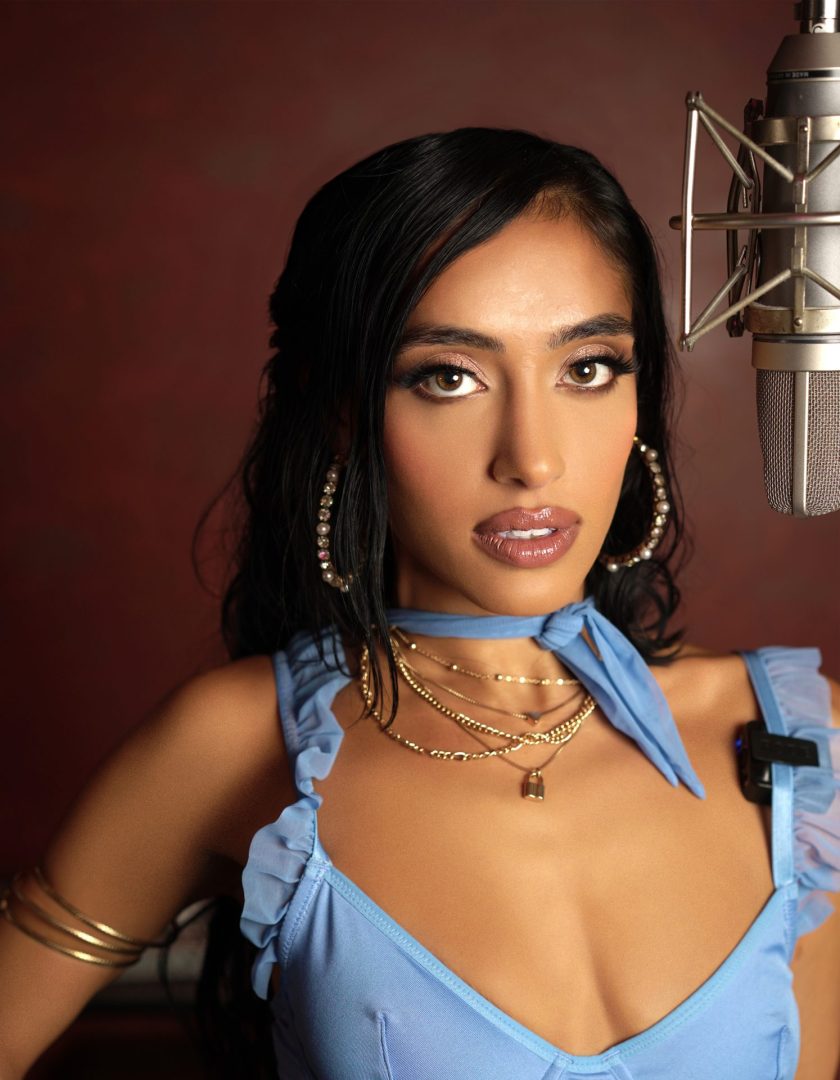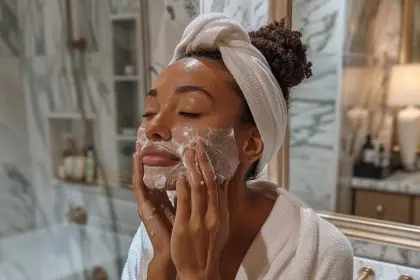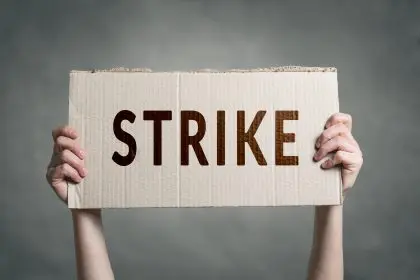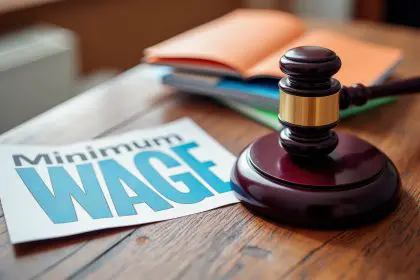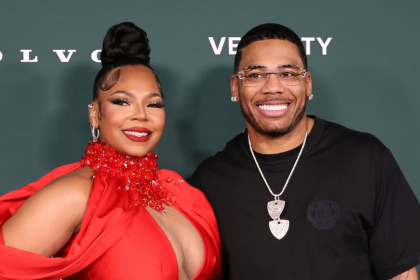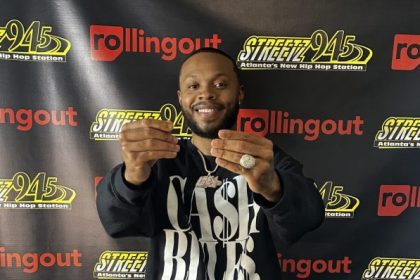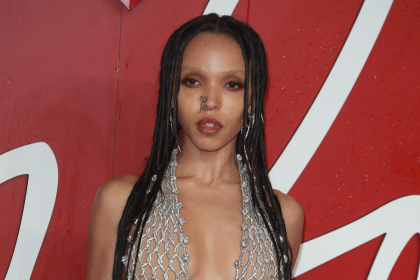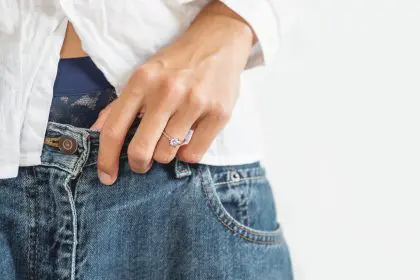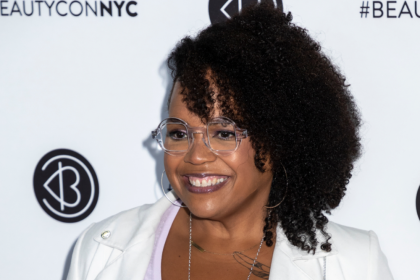Inas X’s journey to musical stardom is remarkable, partly because of its improbability and implausibility. The stunning and statuesque songstress had an epiphany at a very early age that she was going to be a musician — despite the fact that pop music was considered “the forbidden fruit” in her strict, ultra-conservative, Middle Eastern household.
The budding chanteuse had to sing in secret. She had to sneak to steal glimpses of Beyoncé and Britney Spears on MTV videos and “Total Request Live,” all with one eye on the screen and the other looking out for her disapproving mother.
Inas X has embraced being an anomaly in an industry that preaches diversity and uniqueness but often demands conformity. She also loves the racial ambiguity that her look gives off. But she is quick to tell you that she is fiercely proud to be a Palestinian who is also armed with a New Yorker’s steely resolve and sensibility. She loves the questions about the letter X in her stage name, which she initially took because of Malcolm X, but has since evolved to represent her independence and the start of a musical movement steeped in her Palestinian heritage.
As Inas X prepares for the release of her upcoming album, Lovergirl, powered by the sultry and sensual single of the same name, she brings the fusion of these two cultures into the mainstream. She’s ready and spoke to rolling out about her path.
Tell us about your background and how you got into music.
If you don’t know, I’m from Brooklyn, New York, and I’m in L.A. I am a Middle Eastern, Palestinian girl, period.
I fell in love with music at such a young age, and I always knew it was what I wanted to do. But I was raised in a very strict environment, so I feel like for me, it was really about breaking those barriers and doing something that was kind of against the grain. I wanted to see more girls like me doing music and pop culture, so I started doing it.
What was your first moment on stage like?
For me, my first moment on stage was in the first grade. I was Cher, and I sang “I Got You Babe.” I had my little Sonny, and it was just … I knew it was what I wanted to do. The adrenaline rush — it was crazy. I just got on that stage, had my cute little outfit [on], and did what I had to do. That’s probably the first time I was like, “Oh my God, let’s do this.”
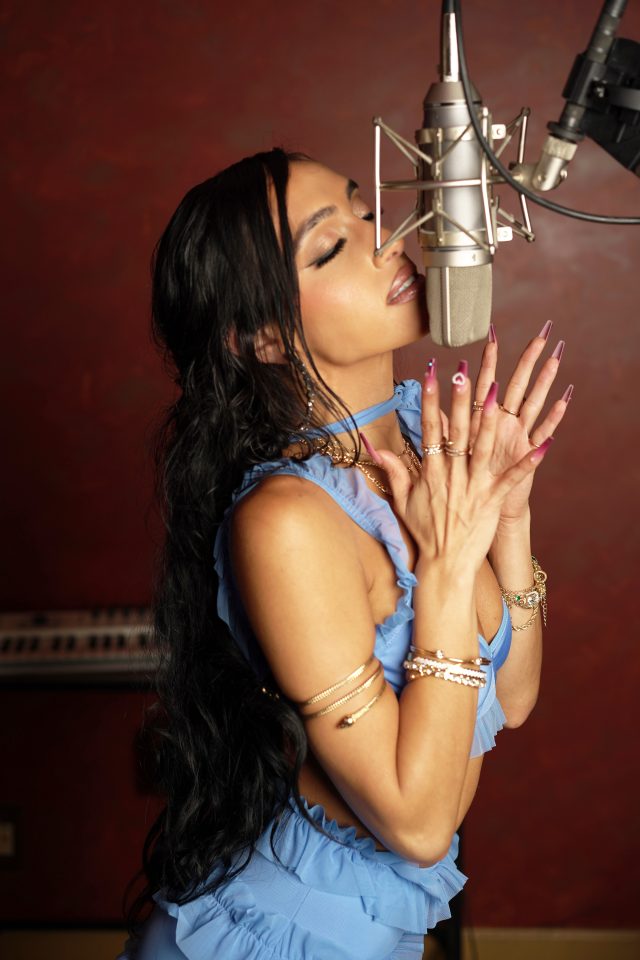
How did your family react to your decision to pursue music?
There was a time I thought I was really book-smart, and I wanted to become a doctor to make my mom happy. But I realized that wasn’t going to make me happy. I always loved music. I remember telling my mom I wanted to do music, and she cried, like, tears of disappointment. But now, my mom is my biggest fan, my biggest supporter, my rock. It’s hard. That family approval is important, but with or without it, if it’s what you want, you’ve got to go get it. Blood, sweat and tears — you’re going to have to go through all of it.
How has your approach to music changed over time?
When I got that approval, it was like, “All right, I’m set. This is what I’m doing.” When I was younger, music felt like forbidden fruit. I would write and sing in secret. It wasn’t allowed, but as I started doing music, I had to learn to love every part of the process — even the parts I didn’t initially enjoy. I had to learn my voice and learn the craft in its totality. I take the craft and artist development seriously, and I’m a full performer. I fell in love with performing arts along with recording arts and everything it takes.
What keeps you motivated in your career?
As an artist, we don’t get those gold medal moments like Olympians unless you win a Grammy or an award. But if you don’t win those awards, you have to learn to create those moments for yourself. The challenge is enjoying the little wins along the way. Every accomplishment is a gold medal moment, so I’ve been trying to do more of that. Being on stage is definitely that ultimate gold medal moment.
When someone tells me, “Oh my God, you’re inspiring me,” or, “You’re breaking barriers,” that’s validation. But I also believe in walking in my faith, using the voice God gave me to spread love. Even in those moments where I question myself, I pray and go back to God, knowing I’m walking in my purpose.
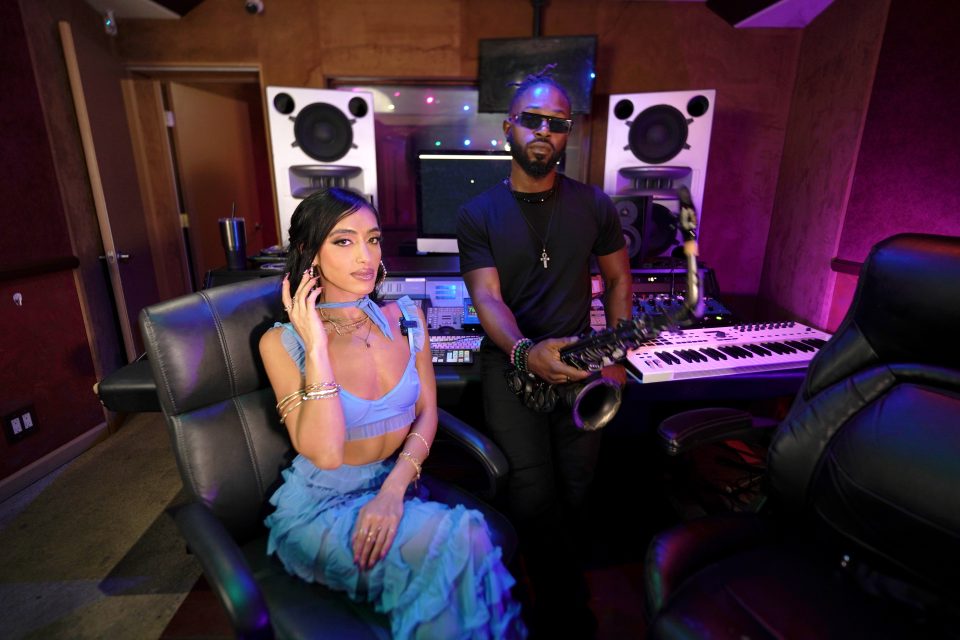
Can you tell us about a significant moment in your career?
One of my first big moments was working with Timbaland. I said I wanted to work with him, and then I met him. It was the most amazing thing. He’s still super supportive of everything I do. Working with him was incredible, especially because he loves Middle Eastern culture, and he brought those sounds into pop culture. That blending of sounds is something I love, and it was important to get his approval.
How do you approach the creative process?
When I create, sometimes the beat is made on the spot, and we get into writing. Other times, I’ll wake up with an idea, like how “Lovergirl” came to me. I had all these songs, but I didn’t know what to name the EP. Then, one day, “Lovergirl” just hit me. I needed an identity record for the EP, so we created it right there in the studio. That’s how it came together.
How important is your cultural identity in your music?
Owning my identity has been crucial lately. I’m an American girl from New York, but I’m also 100-percent Palestinian. That crossover between the cultures is something I love to explore, whether it’s in the music, the looks, or everything else. I’m owning my Middle Eastern roots and blending them with my American culture. It’s about showing that range and versatility. We, as humans, have so many layers. I’ve got my ‘hood side from Brooklyn, my pop side, my cultured side where I’m making Arabic dishes with my mom. That blend is what I love, and it’s what makes me who I am.
What’s your ultimate goal as an artist?
Michael Jackson was obsessed with creating something immortal, something that would last forever. That’s how I want to approach my work — leaving something behind that will live on, just like Mike. If I can be remembered even a little bit like Michael was, I’ll know I’ve done something right.

